41 draw a free body diagram for the block a
9 Free Body Diagrams Wednesday, October 3, 2012 Equilibrium Expanded ! When we remove that restriction, we can add a second condition for equilibrium M ∑=0 F ∑=0 10 Free Body Diagrams Wednesday, October 3, 2012 Equilibrium Expanded ! The sum of the forces acting on a system must be equal to 0 ! The sum of the moments generated by the A 50kg block is placed on top of a 10kg block. Pulley1 pulley2 do a free body diagram on pulley 2. The free body diagram below shows the weight w and the tension t1 acting on the block. No thanks try it free. This points into the page which is the negative direction. Draw a fbd of bar ac.
A free-body diagram is a way to represent all of the forces that act on a body. A free-body diagram makes solving Newton's second law for a given situation easier, because you're modeling the system as something simpler than it actually is. To draw a free-body diagram: 1. Draw a separate diagram for each body in the problem.

Draw a free body diagram for the block a
Free editor to create online diagrams. Use our diagram editor to make Flowcharts, UML diagrams, ER diagrams, Network Diagrams, Mockups, floorplans and many more. Open and save your projects and export to Image or PDF. A block slides down a frictionless plane having an inclination of θ = 1 5. 0 0. The block starts from rest at the top, and the length of the incline is 2. 0 0 m. (a) Draw a free-body diagram of the block. Find (b) the acceleration of the block and (c) its speed when it reaches the bottom of the incline. Examples of drawing free-body diagrams. To better understand how to draw free-body diagrams using the 3 steps, let's go through several examples. Example 1. A box is pushed up an incline with friction which makes an angle of 20 ° with the horizontal. Let's draw the free-body diagram of the box. The first step is to sketch what is happening:
Draw a free body diagram for the block a. A block is pushed with force {eq}\vec F {/eq} across a carpeted floor. The block moves with constant velocity. Draw the free-body diagram and write the sum of forces for the block. Include the force of friction acting on this block and include the normal force of the wall acting on the block as well. Pause the video and try to have a go at it. So before I even start to draw the free body diagram, let's break down this force into its vertical and horizontal components. So the first thing, let me do its vertical component. Figure 5.32 (a) The free-body diagram for isolated object A. (b) The free-body diagram for isolated object B. Comparing the two drawings, we see that friction acts in the opposite direction in the two figures. Because object A experiences a force that tends to pull it to the right, friction must act to the left. Because object B experiences a component of its weight that pulls it to the left ... A free body diagram is used to calculate static and dynamic forces acting on an object. In other words, a free body diagram is the starting point to develop a mathematical model to find and calculate various forces acting on a body. The purpose of the free body diagram is to simplify the situation for easy analysis. Figure :1.
In the space provided, draw and label a free-body diagram for system S. F A B d Free-body diagram for block A Free-body diagram for block B gEonB Free-body diagram for system S gEonS F NBonA F gEonA F NTonB F F fTonB F HonB F NAonB F NTonS F F fTonS HonS. 2) A 20.0-N box rests on a 50.0-N box on a perfectly smooth horizontal floor. When a Draw the free-body diagram for the block of mass m1 and draw a free-body diagram for the block of mass m2.. Draw the force vectors acting on m1 such that their tails align with the center of the block labeled m1 (indicated by the black dot).Draw the force vectors acting on m2 with their tails aligned with the center of the block labeled m2.The orientations of your vectors will be graded but ... Draw free-body diagrams for each block. Challenge Problems. If two tugboats pull on a disabled vessel, as shown here in an overhead view, the disabled vessel will be pulled along the direction indicated by the result of the exerted forces. (a) Draw a free-body diagram for the vessel. Assume no friction or drag forces affect the vessel. As usual, we should begin with a diagram of the situation. A free-body diagram is also very helpful. These are shown in Figure 9.7. (a) On the block's free-body diagram, we draw a downward force of gravity, applied by the Earth. We also draw an upward force of tension (applied by the string), and, because the block displaces some fluid, an upward
1. Draw a free body diagram of the wood block floating in the water, or any of the fluids because they will be identical, then write the force summation equation from that free body diagram (10 points) 2. Calculate the weight of fluid displaced by the wood block for all three fluids. (5 points) 3. Please use the interactive area below to draw the Free Body Diagram for the block. Grade = 0% Give Up was accessed and a deduction for using the Give Up may have been applied. Correct Answer Student Final Submission Feedback The object is moving. Please think about what frictional forces should be considered here. Drawing Free-Body Diagrams. Free-body diagrams are diagrams used to show the relative magnitude and direction of all forces acting upon an object in a given situation. A free-body diagram is a special example of the vector diagrams that were discussed in an earlier unit. These diagrams will be used throughout our study of physics. A) free body diagram for block m 1 (left of figure below) 1) The weight W 1 exerted by the earth on the box. 2) The normal force N 3) The force of friction F k 4) The tension force T exerted by the string on the block m 1. B) free body diagram of block m 2 (right of figure below) 1) The weight of the block W 2 2) Tension T '.
And to be clear, this five newtons, this is equal to the weight, the magnitude of the weight of the object. So that was pretty straightforward, the free body diagram for just the block. And it's really important to see that, because notice, in the free body diagram, all you see is the block. But now let's draw the free body diagram for the shelf.
Draw a free-body diagram for each block. Be sure to consider Newton's third law at the interface where the two blocks touch. Solution. Significance . is the action force of block 2 on block 1. is the reaction force of block 1 on block 2. We use these free-body diagrams in Applications of Newton's Laws.
The figure below shows, as an example, a free-body diagram for block 1 in Figure 6.4. 1, in the presence of both a nonzero acceleration and a kinetic friction force. The diagram includes all the forces, even gravity and the normal force, which were left out of the picture in Figure 6.4. 1. Figure 6.4. 1, with the friction force adjusted so as ...
Fig. 5-7 (a) A block resting on a table experiences a normal force perpendicular to the tabletop. (b) The free-body diagram for the block. for any vertical acceleration a y of the table and block. When a body presses against a surface, the surface (even a seemingly rigid one) deforms and pushes on the body with a normal force, F N, that is
Aug 11, 2021 · Let’s apply the problem-solving strategy in drawing a free-body diagram for a sled. In Figure 6.8. 1 a, a sled is pulled by force P → at an angle of 30°. In part (b), we show a free-body diagram for this situation, as described by steps 1 and 2 of the problem-solving strategy. In part (c), we show all forces in terms of their x- and y ...

A Block Moves On The Frictionless Slide Shown In The Linked Diagram What Is The Minimum Height From Which The Block Can Be Released If It Is To Complete The Loop Without
Summary. This video consists of four sections: a brief refresher on the method for drawing free body diagrams, examples of free body diagrams with an opportunity to practice, examples of situations in which diagrams have been drawn incorrectly (and corrections for them), a final segment that draws connections between free body diagrams and the physical situations they describe.
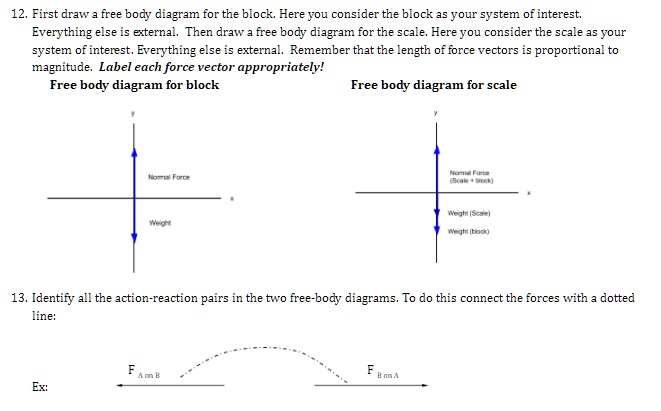
Solved First Draw Free Body Diagran Forthe Block Here Fol Considerthe Block Asyour Systen Of Interest Everything Else External Then Draw Free Body Diagran Forthe Scale Here You Considerthe Scale Asyour Systen Interest
Multiple Objects qA block of mass m1 on a rough, horizontal surface is connected to a ball of mass m2 by a lightweight cord over a lightweight, frictionless pulley as shown in figure. A force of magnitude F at an angle θwith the horizontal is applied to the block as shown and the block slides to the right.
How to Draw a Free Body Diagram? Let's take an example and learn the steps required to draw and solve the problem. Free Body Diagram Example. A 70 kg stationary metal block must be pulled up at a 45° angle by a pulley system. Consider, 0.30 is the coefficient of static friction between the incline and the metal block.
The coefficients of friction between the block and the plane are μs = 0.5, μk = 0.4. a) Draw the free body diagram for the block, including your coordinate system and all forces acting on the block.
Part B: Draw free-body diagram for the block B. Draw the force vectors with their tails at the dot. The orientation of your vectors will be graded. The exact length of your vectors will not be graded but the relative length of one to the other will be graded. Part C: Draw free-body diagram for the pulley (show only the forces that are producing ...
To draw a free body diagram, start by sketching a simple representation of the body you want to make the diagram of, like a square to represent a box. Next, draw arrows on the shape that show the forces acting on the object. For example, draw a downward arrow to signify the weight of the object, since gravity pulls the object down.
Examples of drawing free-body diagrams. To better understand how to draw free-body diagrams using the 3 steps, let's go through several examples. Example 1. A box is pushed up an incline with friction which makes an angle of 20 ° with the horizontal. Let's draw the free-body diagram of the box. The first step is to sketch what is happening:
A block slides down a frictionless plane having an inclination of θ = 1 5. 0 0. The block starts from rest at the top, and the length of the incline is 2. 0 0 m. (a) Draw a free-body diagram of the block. Find (b) the acceleration of the block and (c) its speed when it reaches the bottom of the incline.
Free editor to create online diagrams. Use our diagram editor to make Flowcharts, UML diagrams, ER diagrams, Network Diagrams, Mockups, floorplans and many more. Open and save your projects and export to Image or PDF.
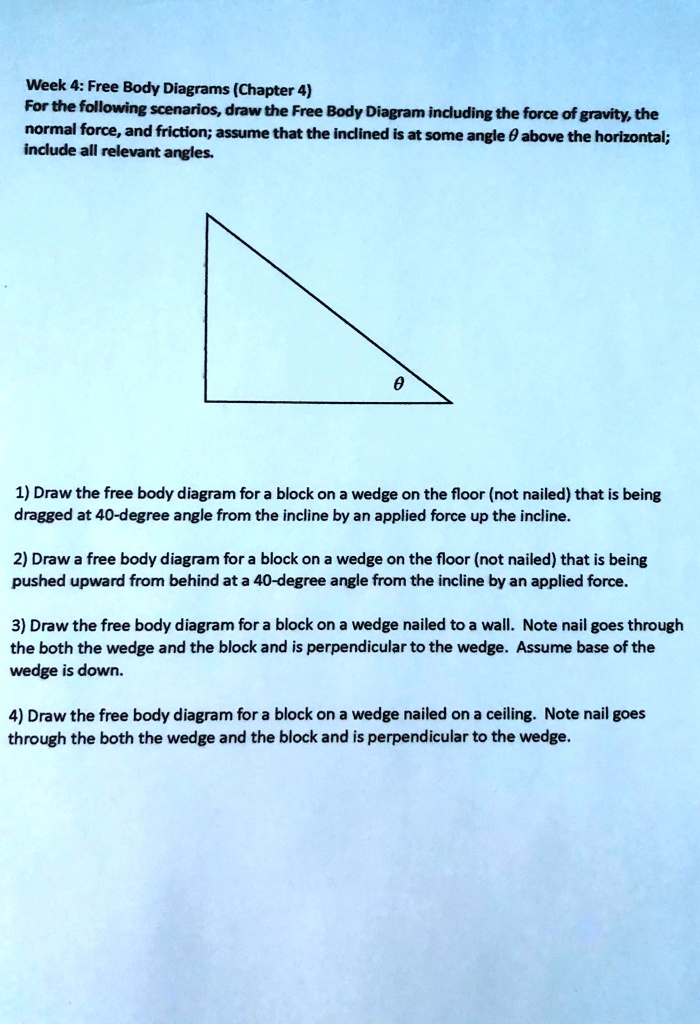
Solved Week 4 Free Body Diagrams Chapter 4 For The Following Scenarios Draw The Free Body Diagram Induding The Force Of Gravity The Normal Force And Friction Assume That The Inclined Is At

A Blocked Of Mass M Is Attached With Two Strings As Shown In Figure Draw The Free Body Diagram Of The Block Img Src Https D10lpgp6xz60nq Cloudfront Net Physics Images Dcp V01 C08 S01 003 Q01 Png Width 80

Three Blocks On A Frictionless Horizontal Surface Are In Contact With Each Other As Shown Below A Force Is Applied To Block 1 Mass M 1 A Draw A Free Body Diagram For Each

Follow The Same Procedure As Other Force Problems But Keep In Mind 1 Draw A Free Body Diagram For Each Object Or For Each Junction In A Rope Ppt Download

Assuming That The Pulley Is Rotating Counter Clockwise Draw A Free Body Diagram For Each Block There Is Friction Between The Blocks But No Friction Between The Platform And The Bottom Block Study Com

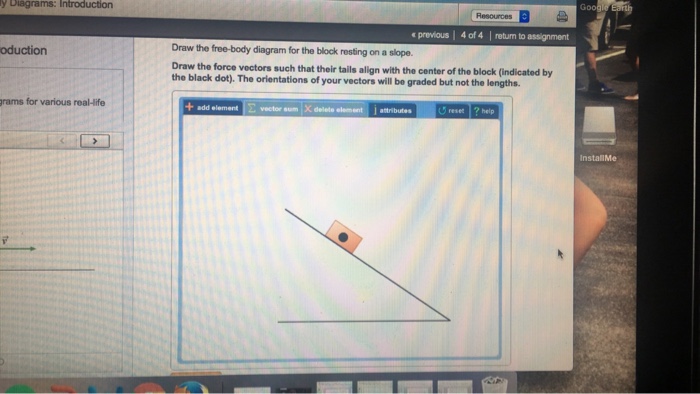

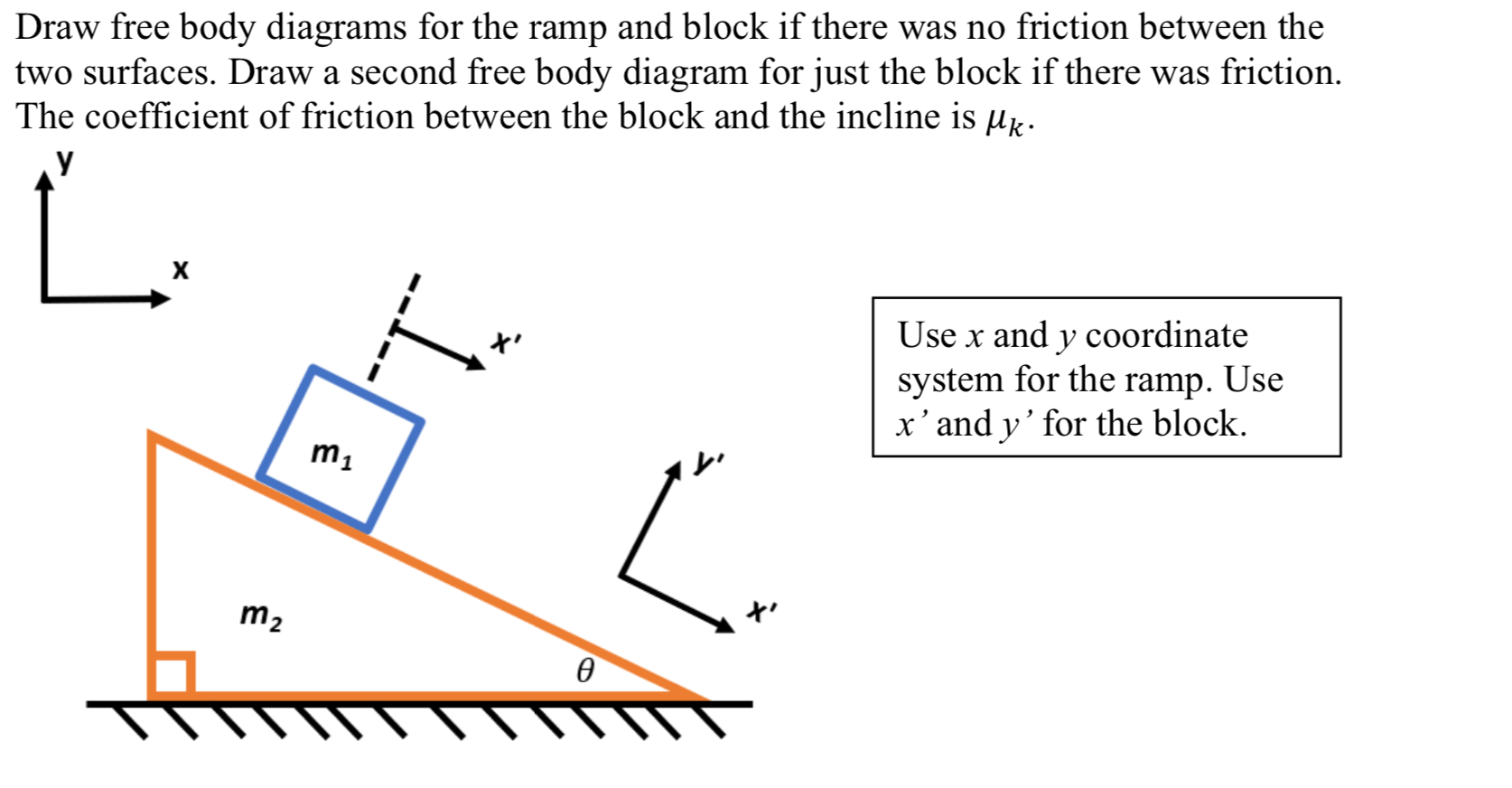


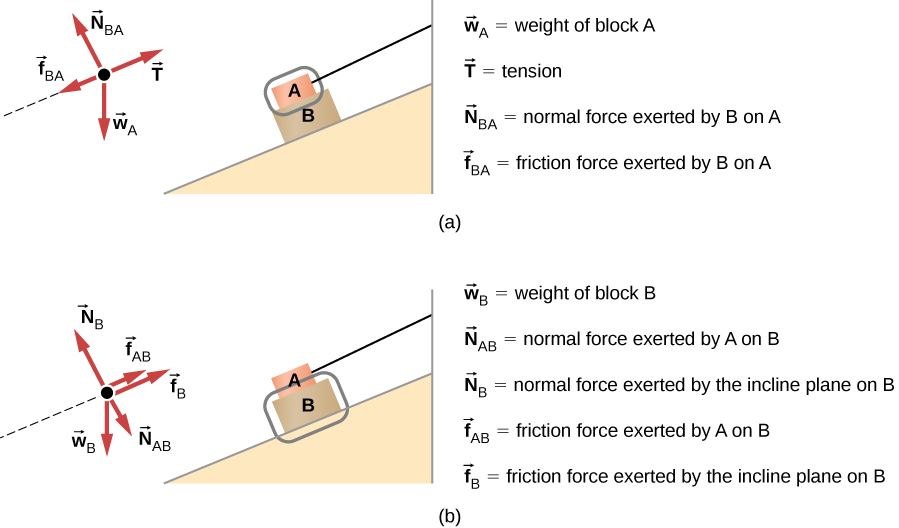



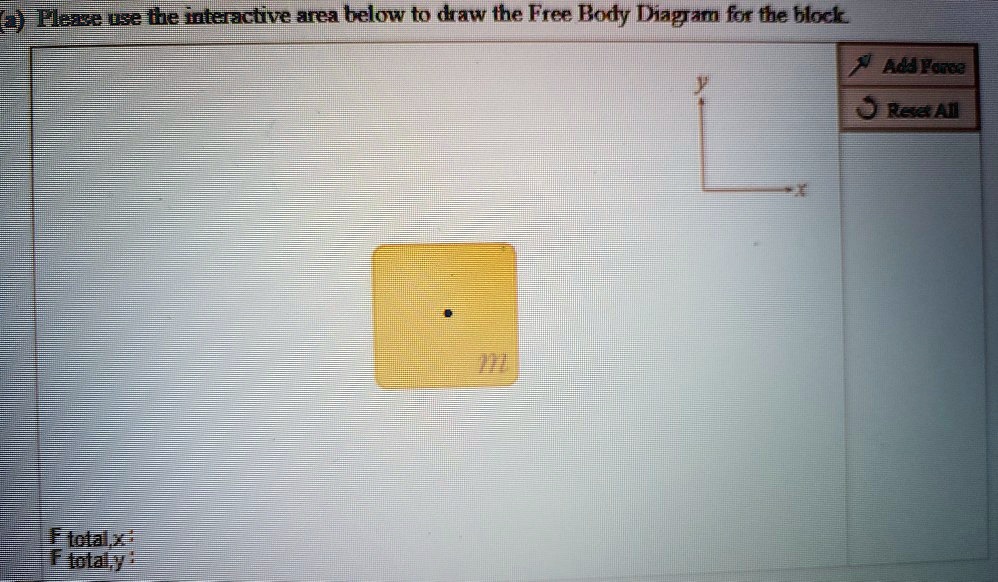
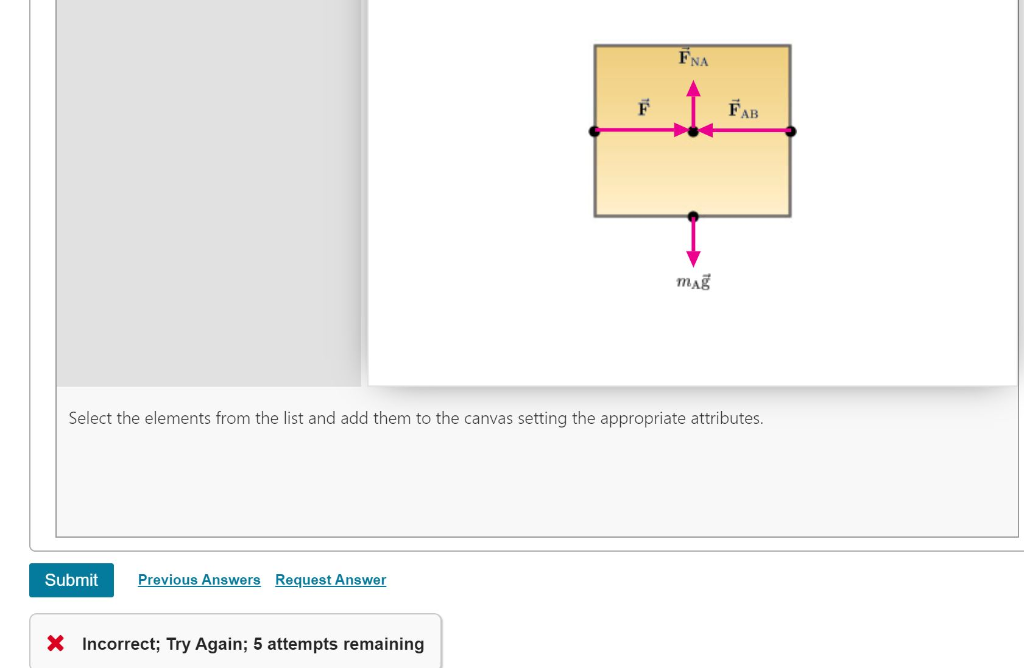



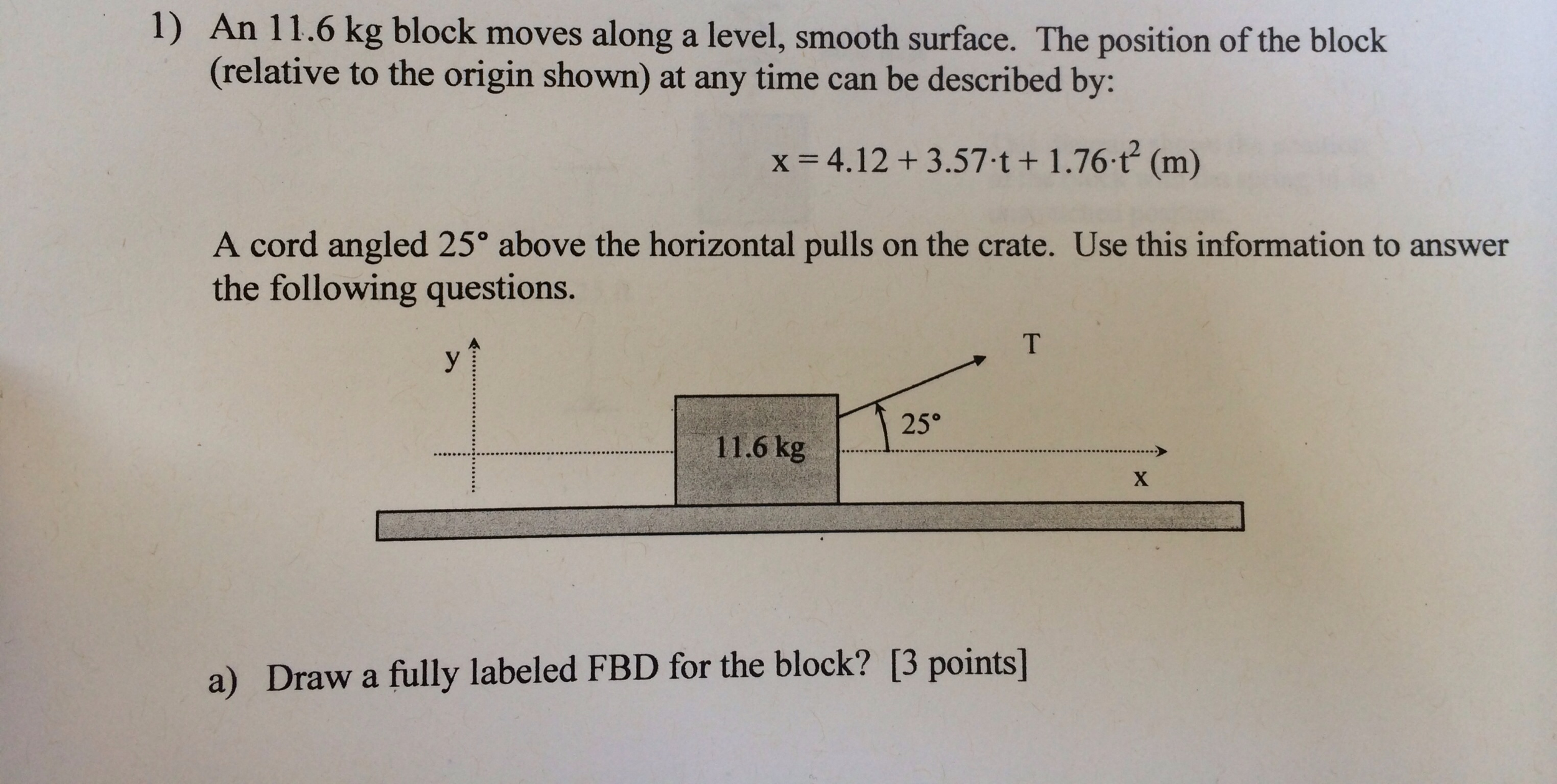
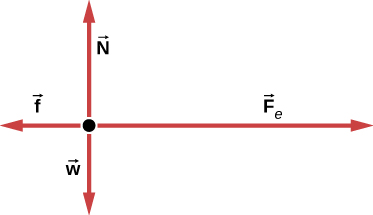
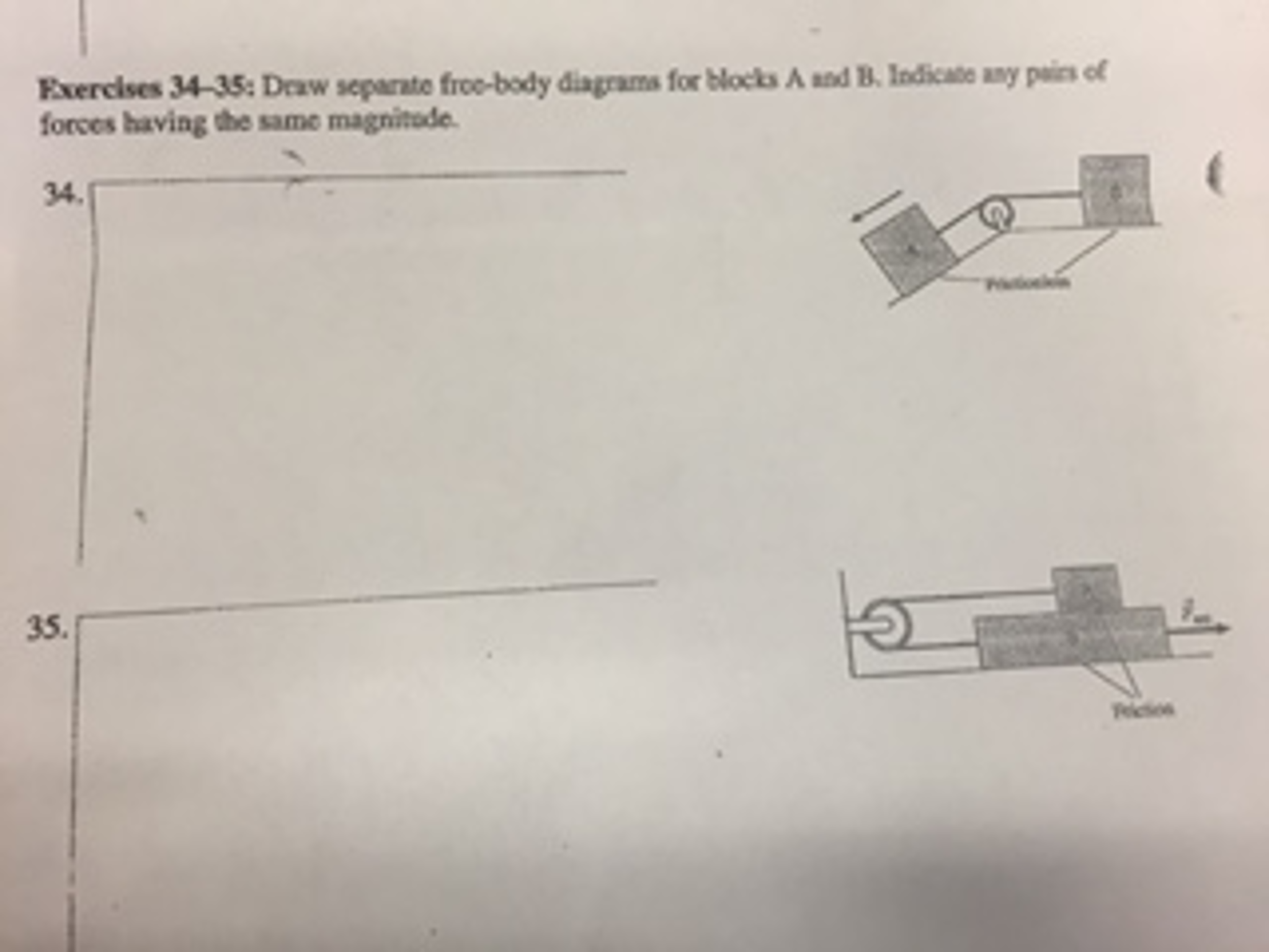


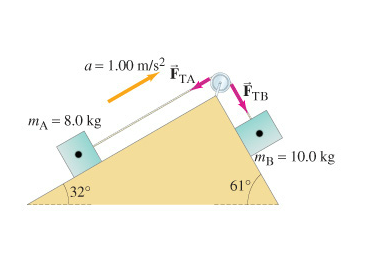
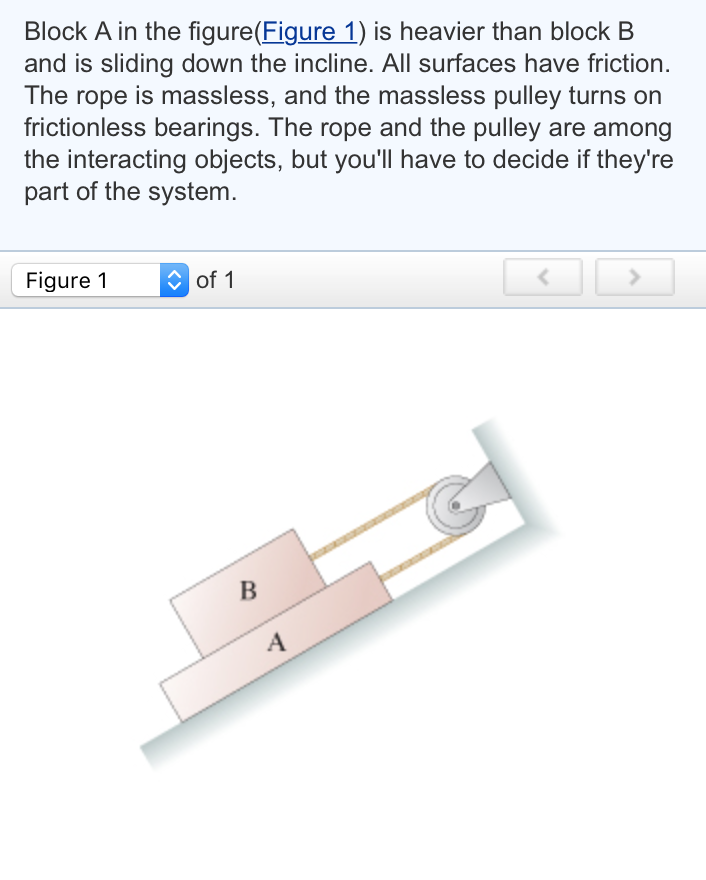


0 Response to "41 draw a free body diagram for the block a"
Post a Comment